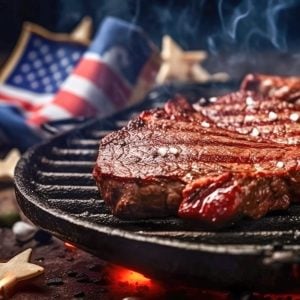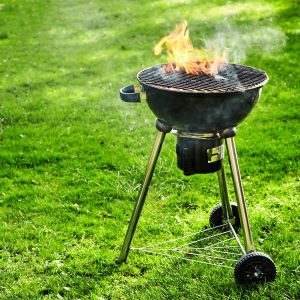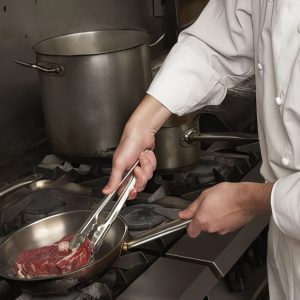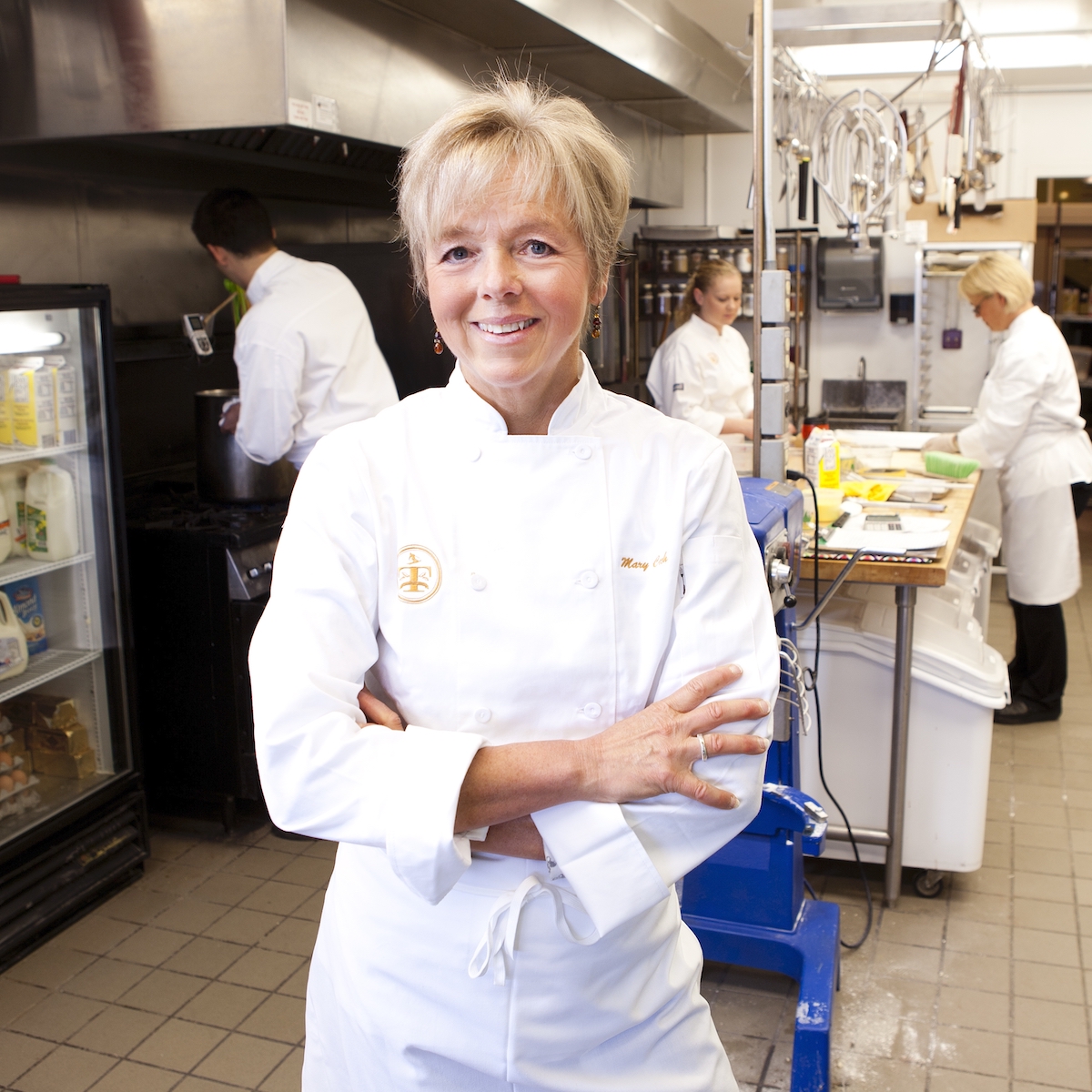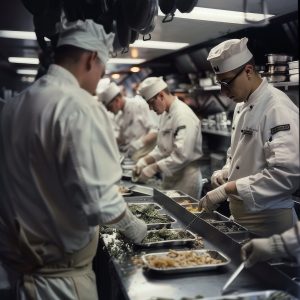Elevate Your Food and Beverage Management with Strong Leadership and Organizational Skills
Food and beverage managers play a pivotal role in the success of restaurants, hotels, and other dining establishments. Their responsibilities extend beyond simply overseeing the kitchen and dining areas; they are key to creating memorable dining experiences and ensuring smooth operations.
From managing staff and handling budgets to designing menus and ensuring top-notch customer service, food and beverage managers are the linchpins that keep the culinary wheels turning.
In this post, I will explore the multifaceted role of food and beverage managers, delving into the diverse skill set required to excel in this profession. Additionally, I’ll explore the importance of leadership, organizational skills, and adaptability in managing a dynamic and often high-pressure environment.
Whether you’re considering a career in food and beverage management or simply curious about what goes into running a successful dining establishment, this post will provide valuable insights into the responsibilities and rewards of this essential role. Join us as we uncover the crucial elements that contribute to the success of food and beverage managers and their impact on the hospitality industry.
Food and Beverage Manager’s Responsibilities
Food and beverage managers are crucial to smooth operation and success in dining establishments. Here’s an overview of their key duties:
- Staff Management: Hiring, training, and supervising staff members, including servers, cooks, and bartenders. This includes scheduling shifts, managing performance, and fostering a positive work environment.
- Customer Service involves ensuring high standards of service and customer satisfaction. This involves addressing customer complaints, handling special requests, and creating a welcoming atmosphere.
- Budgeting and Financial Management: Overseeing financial aspects such as budgeting, cost control, and financial reporting. This includes managing expenses related to food and beverage procurement, labor costs, and other operational expenses.
- Menu Planning: Collaborating with chefs and kitchen staff to design and update menus. This involves selecting dishes, pricing them appropriately, and ensuring they meet customer preferences and dietary requirements.
- Inventory Management: Managing inventory levels of food, beverages, and supplies. This includes ordering stock, tracking usage, and minimizing waste.
- Quality Control: Ensuring that food and beverages meet high-quality standards and comply with health and safety regulations. This includes overseeing food preparation, presentation, and sanitation practices.
- Marketing and Promotion: Developing and implementing marketing strategies to attract and retain customers. This may involve creating special promotions, organizing events, and managing a social media presence.
- Compliance and Regulations: Ensuring the establishment adheres to local health, safety, and licensing regulations. This includes managing food safety practices, employee health standards, and alcohol service laws.
- Operational Efficiency: Streamlining operations to improve efficiency and productivity. This includes optimizing workflows, managing equipment maintenance, and implementing best practices.
- Customer Experience: Creating a positive dining experience by addressing customer feedback, resolving issues promptly, and ensuring a high level of service.
Food and beverage managers must balance these responsibilities to deliver exceptional dining experiences and achieve operational success.
Important Skill Set
In the fast-paced and high-pressure environment of food and beverage management, leadership, organizational skills, and adaptability are essential traits that significantly influence the success of an establishment. Here’s a closer look at why these qualities are so important:
Leadership
- Inspiring and Motivating Staff: Effective leadership involves motivating and guiding a team through the challenges of a busy service environment. A strong leader fosters a positive work culture, encourages teamwork, and drives staff performance.
- Conflict Resolution: Leaders must handle conflicts among staff or between staff and customers with diplomacy and fairness. Strong leadership ensures issues are resolved quickly, maintaining a harmonious work environment.
- Decision-Making: Quick and effective decision-making is crucial in a dynamic setting. Leaders must make informed choices about operations, staff management, and customer service to keep everything running smoothly.
Organizational Skills
- Efficient Workflow Management: Organizing tasks and delegating responsibilities ensures that the kitchen, dining room, and bar areas operate efficiently. Effective organization prevents bottlenecks and ensures that service runs smoothly.
- Time Management: Managing time effectively is essential to meet service demands and deadlines. Organizational skills help in scheduling shifts, planning inventory, and handling administrative tasks without compromising service quality.
- Resource Allocation: Properly managing resources, including staff, inventory, and equipment, helps control costs and maximize operational efficiency. Organizational skills enable managers to track usage, forecast needs, and avoid waste.
Adaptability
- Handling Unexpected Situations: The food and beverage industry is known for its unpredictability, from sudden staff shortages to unexpected equipment failures. Adaptability allows managers to adjust plans and find solutions to maintain service standards quickly.
- Embracing Change: The industry often faces changing trends, customer preferences, and regulations. Adaptable managers are open to innovation and can implement new strategies or menu changes to stay competitive and relevant.
- Stress Management: Staying calm and focused under pressure is crucial. Adaptability helps managers handle stressful situations without losing composure, ensuring they can lead their team effectively, even during peak periods.
In summary, leadership ensures a motivated and cohesive team, organizational skills streamline operations and resource management, and adaptability equips managers to navigate the dynamic and often challenging food and beverage management environment. Together, these qualities are vital for achieving operational excellence and delivering exceptional customer experiences.
Other Fields In The Industry To Consider
Depending on where you live, your professional goals, and your education, you may be able to consider careers in any of the following fields:
- Institutional/Governmental Food Service (prisons, hospitals, nursing care facilities, etc.)
- Commercial Food Suppliers (manufacturing plants, bakeries, etc.)
- Educational Services (school cafeterias)
- Amusement Parks
- Casinos/Gaming Services
- Cruise Lines
- Banquet Halls
- Room Service/Food Delivery Services
To work as a food and beverage manager in any of these settings, you’ll need the required experience and education. Most professionals working at the management level have at least a four-year Bachelor’s degree in hospitality management, restaurant management, or culinary arts. Master ’s-level degrees are also reasonably common, especially if you intend to work at a larger chain or established name in the industry.
So many top employers look for advanced degrees in food and beverage management because there is a combined focus on culinary skills and business/industry savvy. Being a manager takes a lot more than overseeing a large staff or knowing how to prepare large quantities of food; it means being able to manage things like marketing, business administration, and human resources.
Much of the job is performed behind a desk, and it’s not uncommon for huge stacks of paperwork to keep you there during evening and weekend hours. Of course, food and beverage management isn’t all work and no play!
Suppose you enjoy the fast pace of the food service industry and have the leadership skills necessary to lead an entire team of culinary professionals successfully. In that case, this is an excellent opportunity to earn a living doing what you love.


